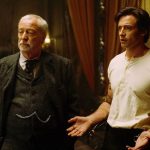Blade Runner (1982)
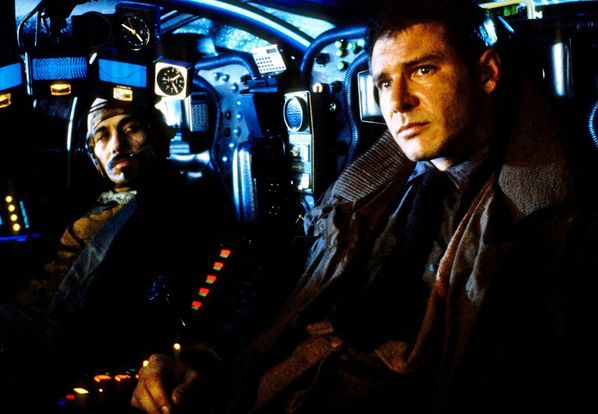
“Blade Runner” (1982): A Sci-Fi Masterpiece
Released in 1982, Blade Runner is a seminal science fiction film directed by Ridley Scott, based on Philip K. Dick’s novel Do Androids Dream of Electric Sheep? The film is renowned for its groundbreaking visuals, complex themes, and a haunting score, establishing it as a cornerstone of the sci-fi genre.
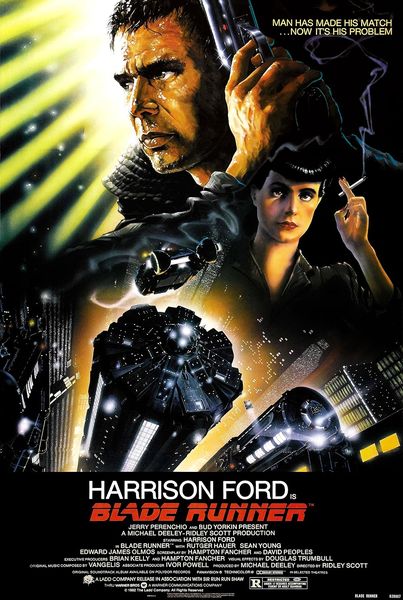
Set in a dystopian future Los Angeles, the story follows Rick Deckard (Harrison Ford), a “blade runner” tasked with hunting down and “retiring” rogue replicants—bioengineered beings that are virtually indistinguishable from humans. The replicants, led by Roy Batty (Rutger Hauer), have escaped to Earth seeking a longer lifespan and a sense of identity, raising profound questions about humanity, artificial life, and morality.
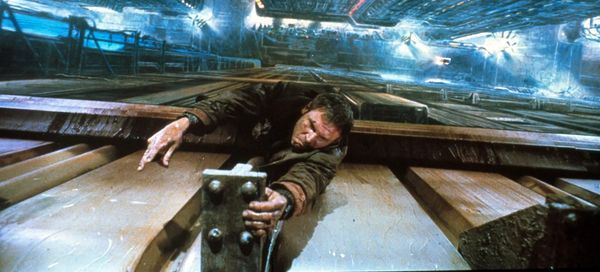
As Deckard delves deeper into his mission, he encounters Rachael (Sean Young), a replicant who believes she is human due to implanted memories. Their complicated relationship challenges Deckard’s perceptions of what it means to be human, blurring the lines between creator and creation. The film explores themes of existentialism, empathy, and the ethical implications of artificial intelligence.

Ridley Scott’s direction is marked by a visually stunning depiction of a neon-lit, rain-soaked future, blending film noir aesthetics with cutting-edge special effects for its time. The cinematography by Jordan Cronenweth creates a rich, atmospheric environment that enhances the film’s mood and themes. The iconic score by Vangelis adds to the film’s emotional depth, marrying electronic sounds with orchestral elements that resonate throughout the narrative.
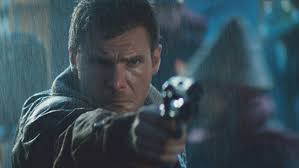
Blade Runner received mixed reviews upon its initial release but has since been re-evaluated as one of the greatest films of all time. Its influence can be seen in countless works across various media, shaping the visual and thematic language of science fiction.
In conclusion, Blade Runner is a profound exploration of humanity and the nature of existence, wrapped in a visually arresting and narratively complex package. With standout performances, masterful direction, and a rich thematic tapestry, the film remains a timeless classic that continues to inspire and provoke thought in audiences around the world.








